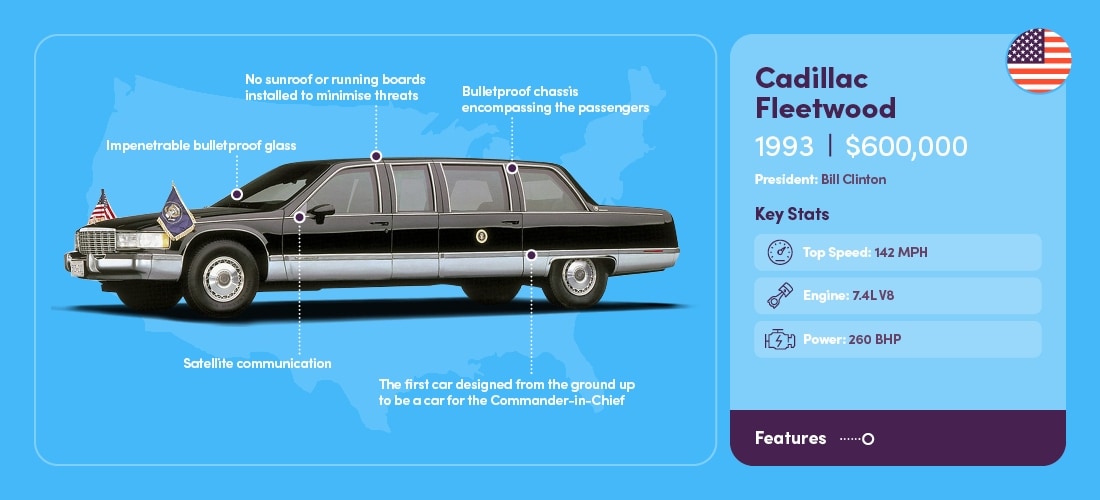

"Impeaching him does nothing only convicting him would," said Brian Kalt, a law professor at Michigan State University.

That section of the Constitution spells out the process by which a president may be removed from office "on Impeachment for, and Conviction of, Treason, Bribery, or other high Crimes and Misdemeanors." The law says those benefits apply to presidents "whose service in such office shall have terminated other than by removal pursuant to section 4 of article II of the Constitution of the United States of America." Two benefits mentioned in Costiloe’s tweet - an annual lifetime pension of about $200,000 and an annual travel allowance of up to $1 million - are enumerated in the law, which passed in 1958. Most of the benefits afforded presidents were passed as part of the Former Presidents Act. The Constitution says, "Judgment in Cases of Impeachment shall not extend further than to removal from Office, and disqualification to hold and enjoy any Office of honor, Trust or Profit under the United States." Trump could lose his ability to run for office after he leaves the White House, but it would not happen solely as a result of impeachment.

If the Democratic-controlled House votes to impeach Trump, he would not automatically lose his post-presidency perks - two-thirds of the Republican-controlled Senate would have to vote to convict and remove Trump.


 0 kommentar(er)
0 kommentar(er)
